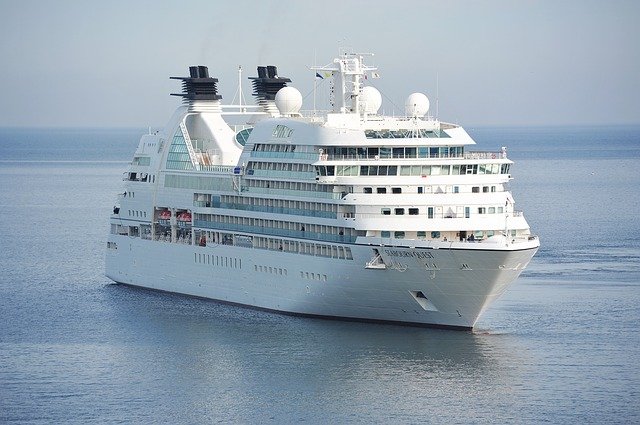
Total Signs LNG Supply agreement with MSC Cruises
Total and MSC Cruises officialised today a supply agreement for approximately 45,000 tons per year of Liquefied Natural Gas (LNG) to MSC Cruises’ upcoming LNG-powered cruise ships to make calls in the port of Marseille (France).
This agreement underlines a strong collaborative action across the French maritime industry and the excellence of its value chain, from shipbuilding to the supply of cleaner marine fuels, and the involvement of local port authorities to enable the vessels’ safe operatorship.
The signature of this agreement has been placed under the high patronage of Annick Girardin, French Minister for Marine Affairs. It benefits from the direct support of the Minister, who has declared: “I welcome this agreement between MSC Cruises and Total. This is a strong commitment to the environment, which demonstrates that when major economic players commit to the ecological transition, they can access new levers for economic development. This is also what maritime France is all about! This agreement also illustrates France’s full potential for competitiveness and attractiveness. In line with the Fontenoy maritime forum, I wish that these links between shipowners, energy companies, ports and shipyards will continue to develop, in line with the sustainable development goals.”
Used as a marine fuel, LNG sharply reduces emissions from ships, resulting in a significant improvement in air quality, particularly for communities in coastal areas and port cities. This agreement therefore impacts positively not only the city where LNG bunkering will take place, Marseille, but also all the ports where the cruise ships will make their future call around the Mediterranean Sea.
MSC Cruises’ LNG powered vessels will be amongst the most technologically advanced cruise ships in the world, bringing a range of environmental innovations to the market. Chief amongst these is a 50-kilowatt, LNG-powered solid oxide fuel cell technology project that offers a potential to further reduce significantly greenhouse gas emissions compared to a conventional LNG engine.
Information Source: Read Full Release ..–>
Press release by:



